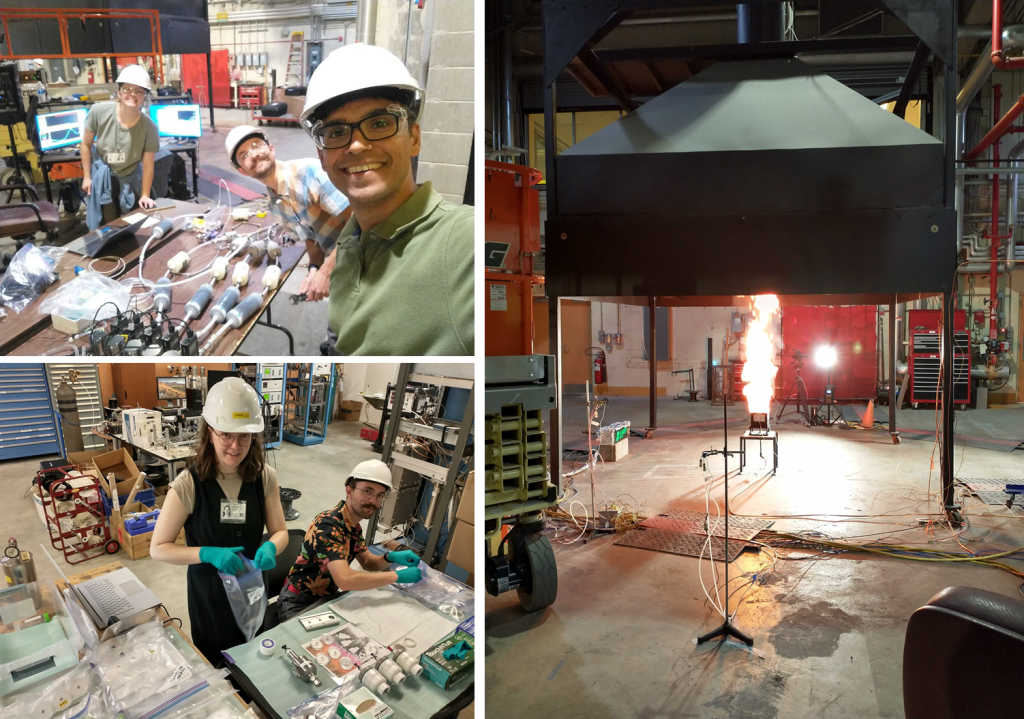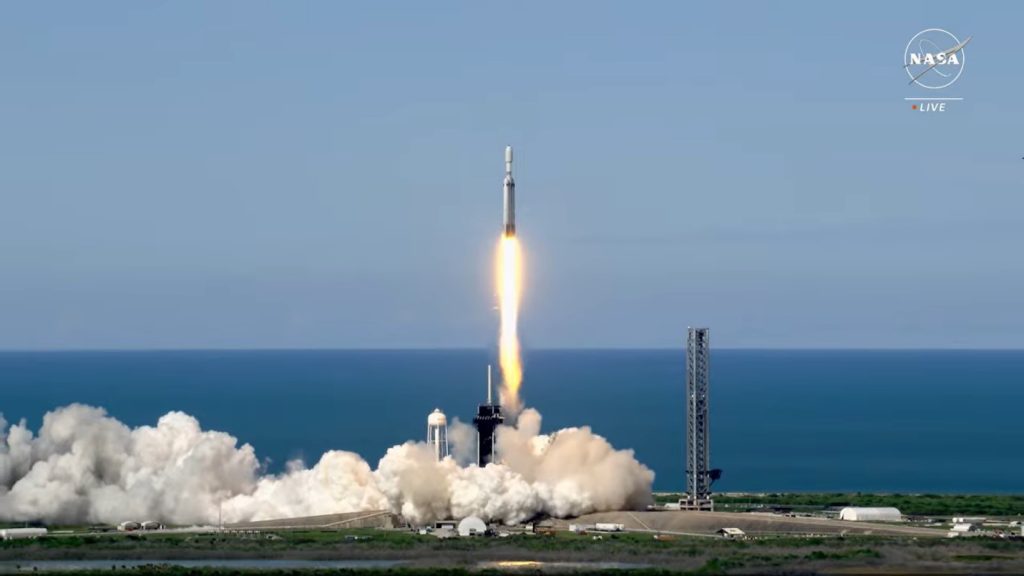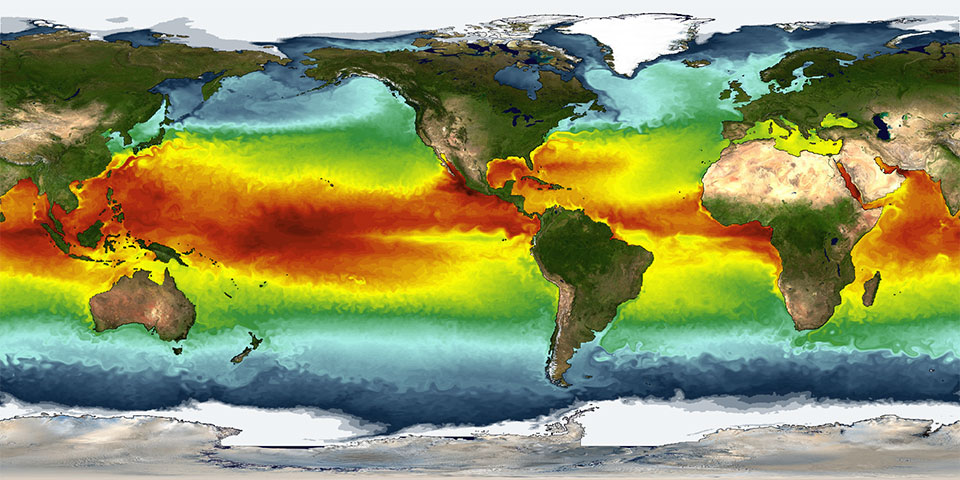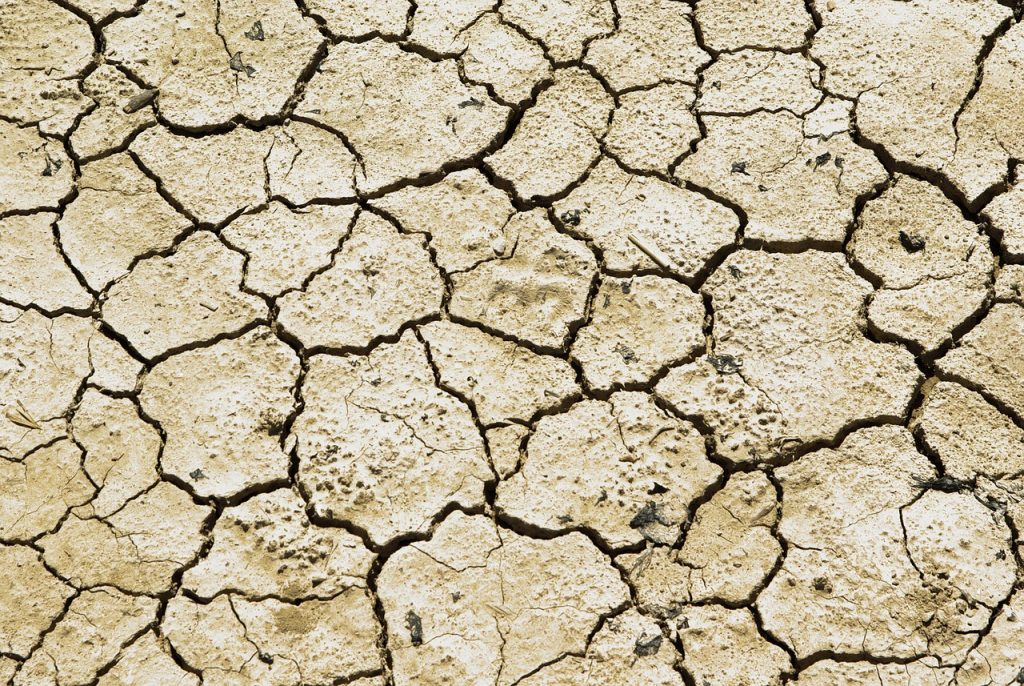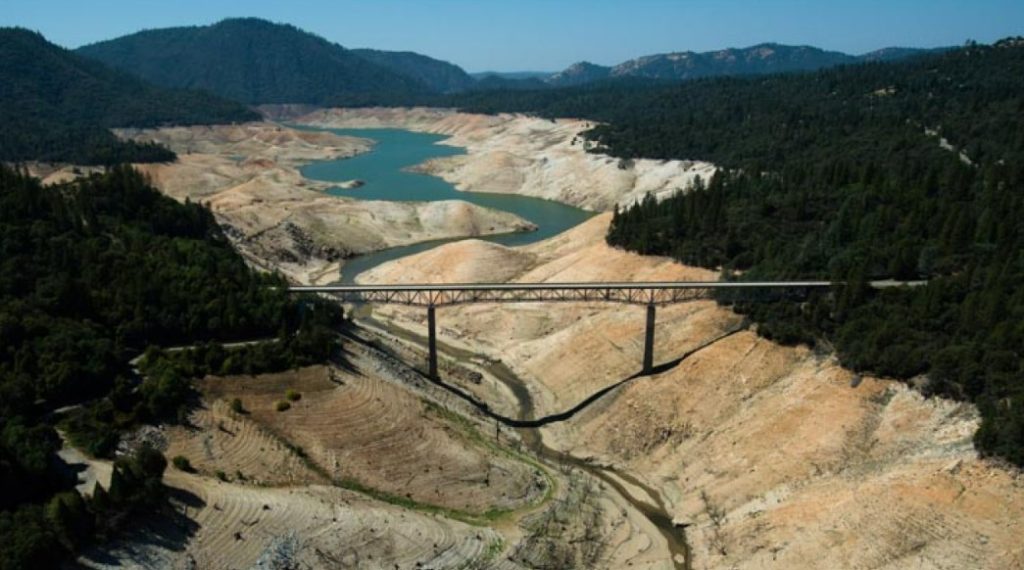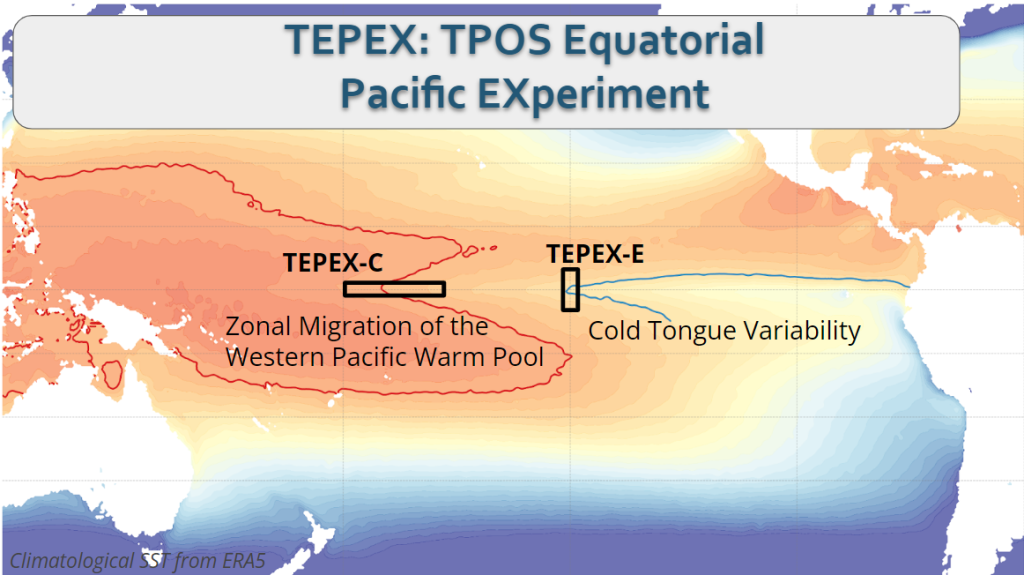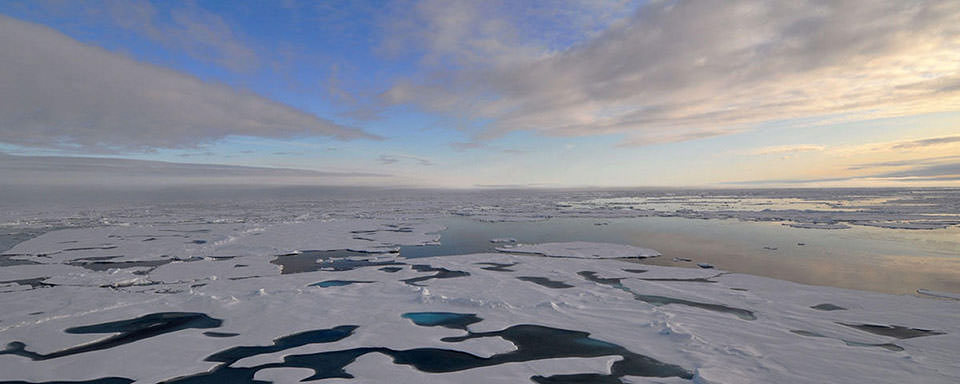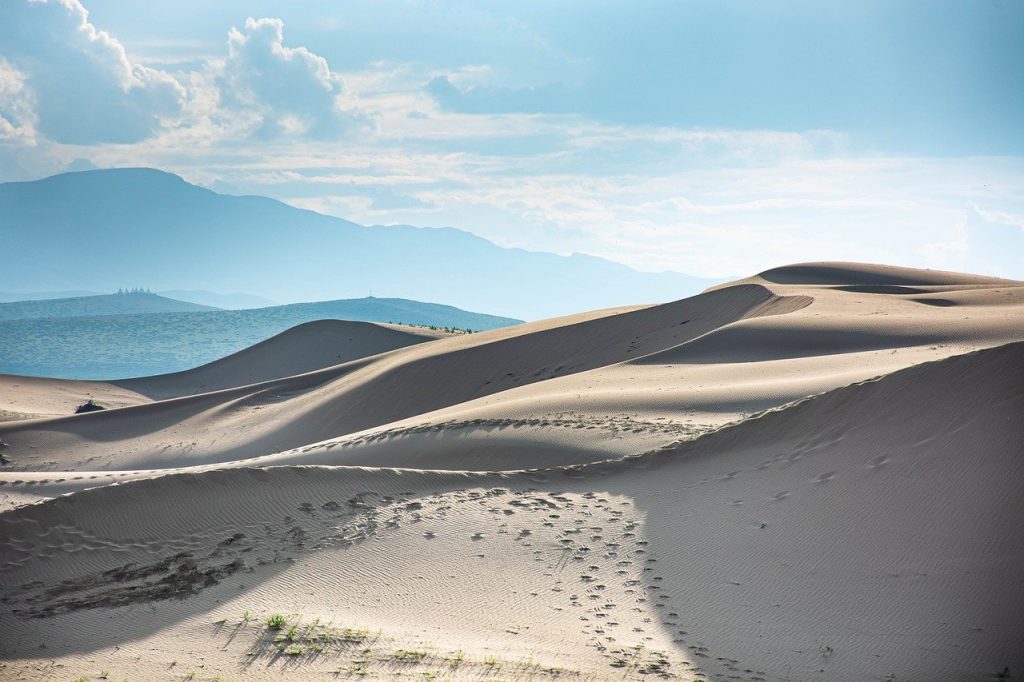Large-scale atmospheric circulation changes drive the increased summer activity of atmospheric rivers, contributing to the rising moisture levels in the Arctic.
Search
Sort
Filter
Categories
More News
Researchers conducted large-scale fire tests at the National Fire Research Laboratory to build a comprehensive database of pollutants and better understand air pollution impacts….
The latest addition to NOAA’s Geostationary Operational Environmental Satellite (GOES) system will provide critical data that enhances weather forecasting, severe storm tracking, and climate research….
Researchers discovered that Atlantic Ocean variability significantly impacts temperature anomalies in the Pacific, providing crucial insights for improving global climate predictions….
A new study projects that under the highest-emission scenario, 62 percent of the world’s land area could face more frequent and severe multi-year droughts, highlighting…
Today, the NOAA announced $4.9 million in funding for the agency’s labs and research partners to improve drought monitoring and prediction in the American West. …
Machine learning methods help scientists evaluate and improve temperature data from reanalysis products….
Representatives from across OAR labs and programs will present to potential international collaborators on the upcoming Tropical Pacific Observing System Equatorial Pacific Experiment (TEPEX)….
The autumn transition in the Arctic’s Beaufort-Chukchi seas is marked by a rapidly cooling ocean surface that leads to early sea ice formation….
Natural changes in the atmosphere, especially shifts in the North Atlantic Oscillation, are the primary cause of increased summer rainfall in the Taklamakan and Gobi…
Climate modelers used the rapid acceleration of sea level rise along the U.S. Southeast Coast since 2010 as a case study to investigate drivers and…



